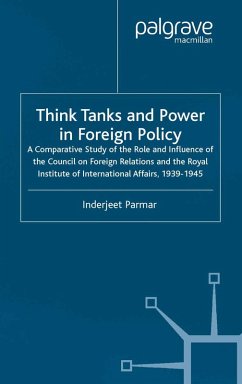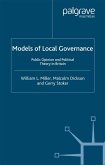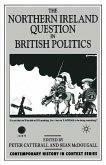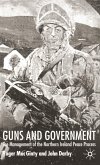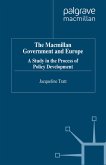What is the role of elites in shaping foreign policy? Did unaccountable foreign policy elites shape the post-1945 world order? Chatham House and the Council on Foreign Relations were vital in America's shift from isolationism to globalism, and in Britain's shift from Empire to its current pro-American orientation and were also fundamental in engineering public backing for a new world order. Inderjeet Parmar presents new evidence to show how well-organized and well-connected elite think tanks helped to change the world.
Dieser Download kann aus rechtlichen Gründen nur mit Rechnungsadresse in A, B, BG, CY, CZ, D, DK, EW, E, FIN, F, GR, HR, H, IRL, I, LT, L, LR, M, NL, PL, P, R, S, SLO, SK ausgeliefert werden.

